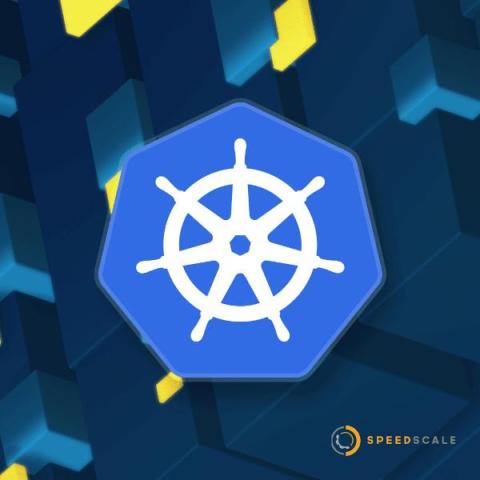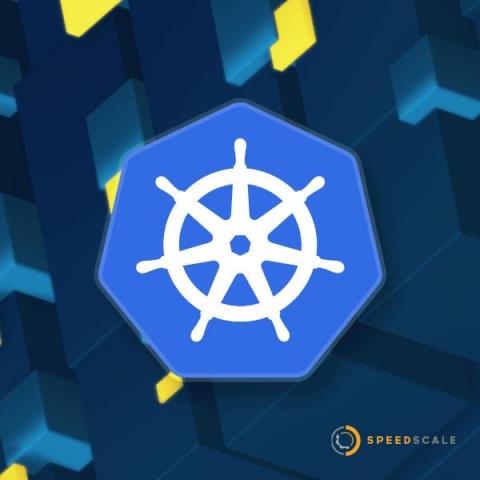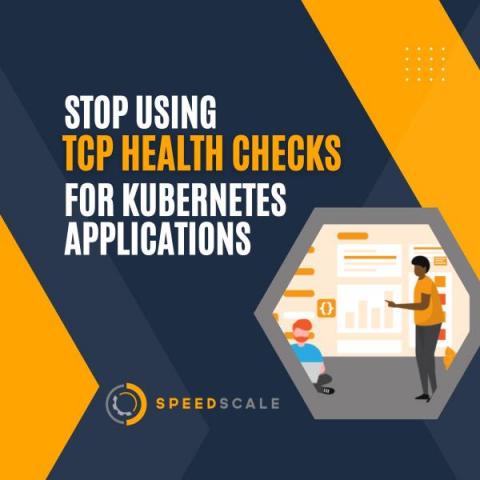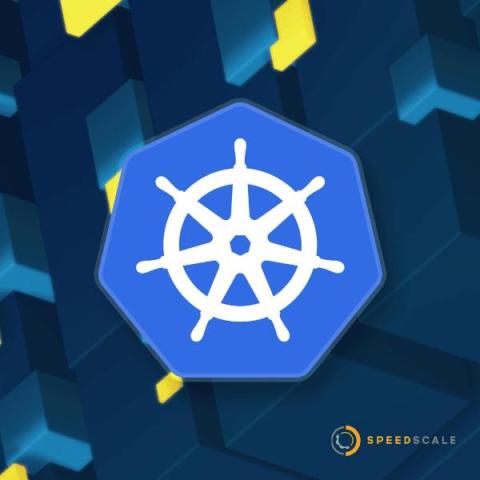Docker Containers: Enabling Ssl For Secure Databases
Security is critical for any application, especially when dealing with sensitive data like financial records or user information. Databases such as MongoDB and PostgreSQL communicate over the network, making them vulnerable to interception. SSL (Secure Sockets Layer) encrypts the communication between the client and the database server to prevent data exposure. This encryption ensures that: 1. Data Integrity: No third party can modify the data in transit. 2.











